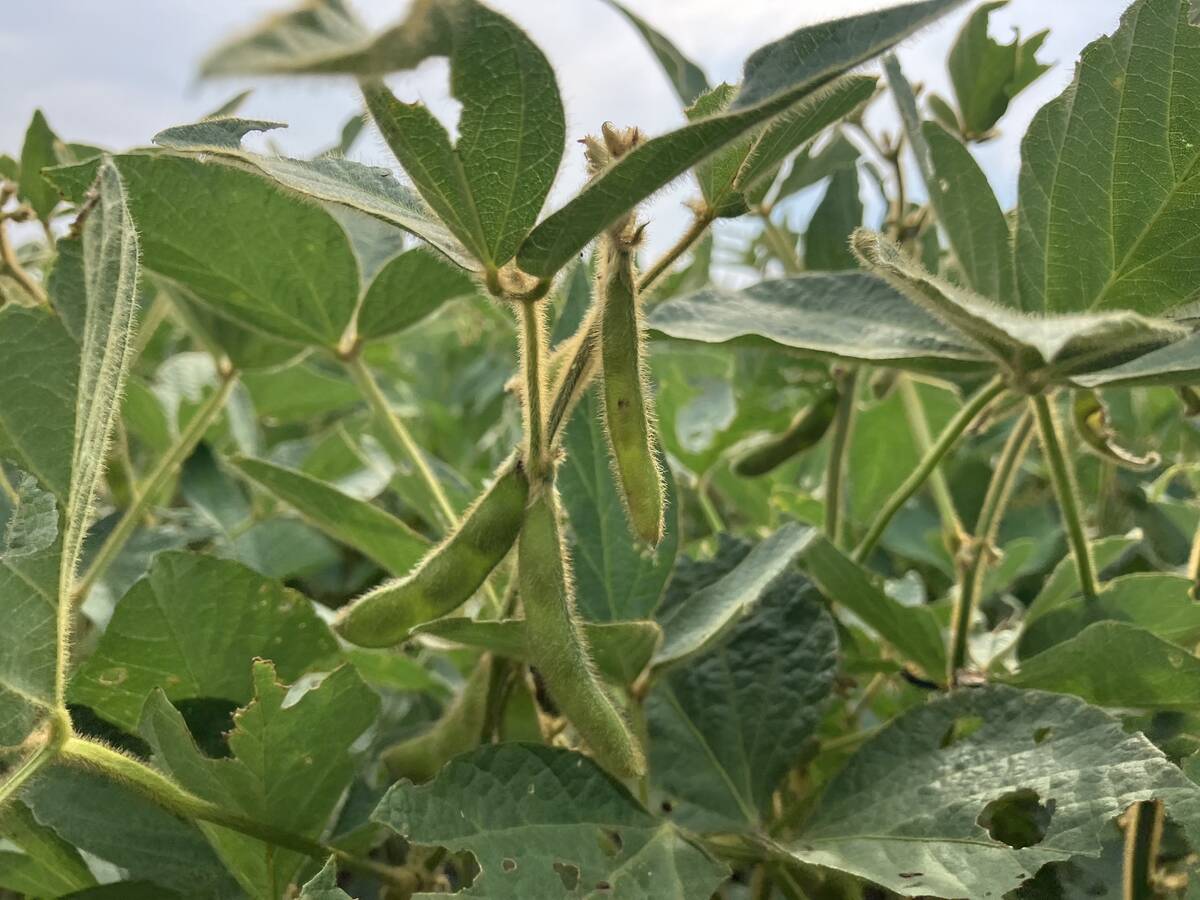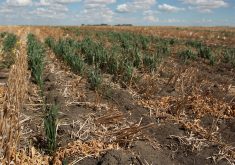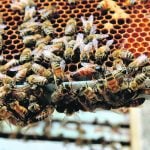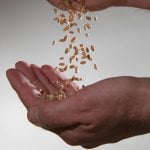Within weeks, Newfoundland’s small flock of chicken producers hopes to announce a bold, multimillion dollar plan to purchase the province’s only chicken processing company.
But first, some highly secretive negotiations among the producers, the Newfoundland government and the Farm Credit Corporation must be completed to develop a financing package, according to sources familiar with the project.
The financial stakes are high. The farmers are looking for some hefty taxpayer support.
The 20 chicken quota holders have formed Integrated Poultry Ltd. to try to buy Newfoundland Farm Products Ltd., a government-owned, money-losing plant. Since the producers would be selling the chicken to their own plant, it likely would mean the dissolution of the Newfoundland Chicken Marketing Agency.
Read Also

U.S. loses out on sales of soybean to China
U.S. soybean exporters risk missing out on billions of dollars worth of sales to China this year as trade talks drag on and buyers in the top oilseed importer lock in cargoes from Brazil.
Sources say the decision should be made by mid-September.
It hinges on how much the Newfoundland government is prepared to give the producers, and whether the province will guarantee a good portion of a loan from FCC.
It is expected that as much as $10 million could be borrowed for the project.
Start-up loan offered
One official familiar with the deal said last week Newfoundland has offered to give the plant to the farmers for $1, as well as to give the consortium $5 million in start-up funds – the amount the province says it loses each year on the plant.
And the FCC has insisted that since the chicken processor has been a money-loser, Newfoundland taxpayers will have to backstop much of the risk of any loan.
It has been a complicated deal involving tense negotiations, lobbyists, false starts and some of the best-known names in Newfoundland agriculture.
Harry Andrews, a figure in national Chicken Farmers of Canada politics, is chair of IPL. Eugene Legge, president of the Newfoundland and Labrador Federation of Agriculture, is a member of the consortium, as is chicken producer Joe Smallwood, grandson of the province’s first premier.
Last week, no one would talk on the record about the scheme.
“Oh, I’m not the guy to talk to about that one,” said one involved provincial agriculture department official with a laugh. “You’ll have to go a lot higher up than me to get anyone talking.”
No one higher up was talking for the record.
Meanwhile, a side drama involves a federal government proposal to help fund construction of a $4.3 million public grain storage facility.
Ottawa has offered $2.5 million in adaptation money from a fund created when the feed freight assistance subsidy for Atlantic Canada was scrapped more than two years ago.
The provincial federation of agriculture, led by Legge, is heading the bid to build a new public facility. It says a public storage facility would lower feed costs and help the provincial chicken industry survive.
But Master Feeds, an Ontario-based company with an existing feed mill on the island, has been waging a battle against the proposal, arguing that it cannot compete against a publicly subsidized grain storage facility.
President Rob Flack has said the 33 Newfoundland jobs in the Master Feeds plant are in jeopardy because the plant could close.
Ottawa has been insisting it will not subsidize a direct competitor to Master Feeds, but plans for a public, 30,000-tonne storage facility that could be used by anyone to store grain being imported from offshore.
Its storage capacity would handle close to half Newfoundland’s annual feed needs for poultry, hog and dairy sectors.
Master Feeds has used a lobbyist to fight the proposal, as well as public threats of leaving the island.
Meanwhile, negotiations on the proposed plant have bogged down in a dispute over location and in uncertainty over whether the IPL project is successful.
“There is something like suspended animation now,” said one federal official.
















